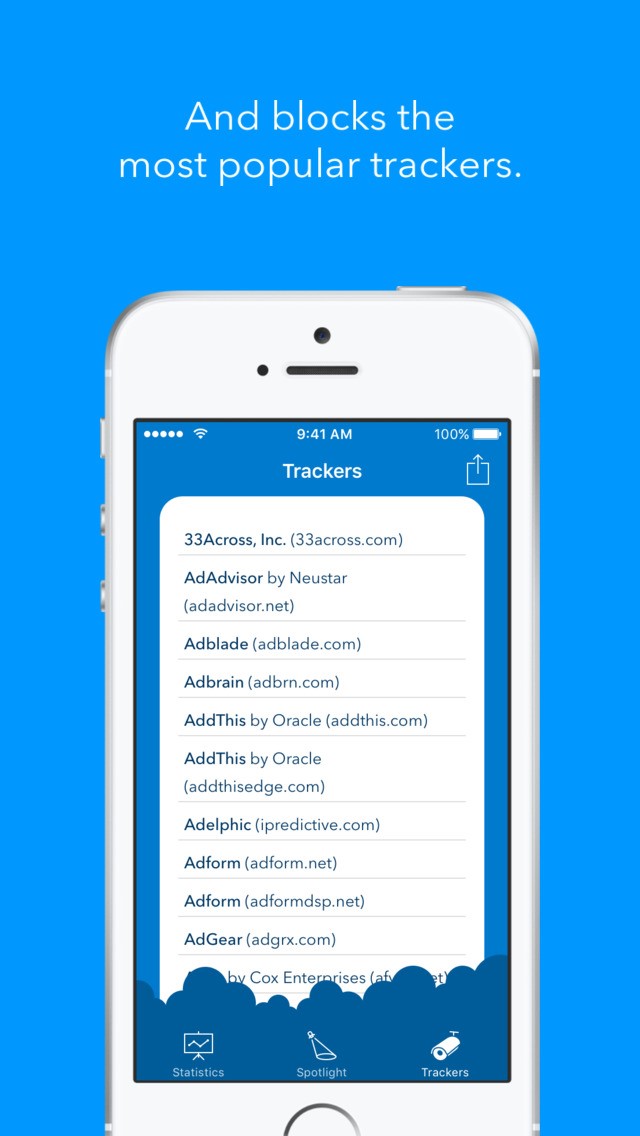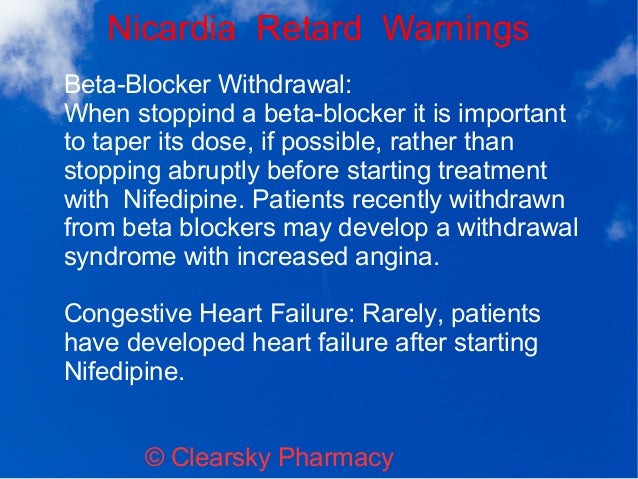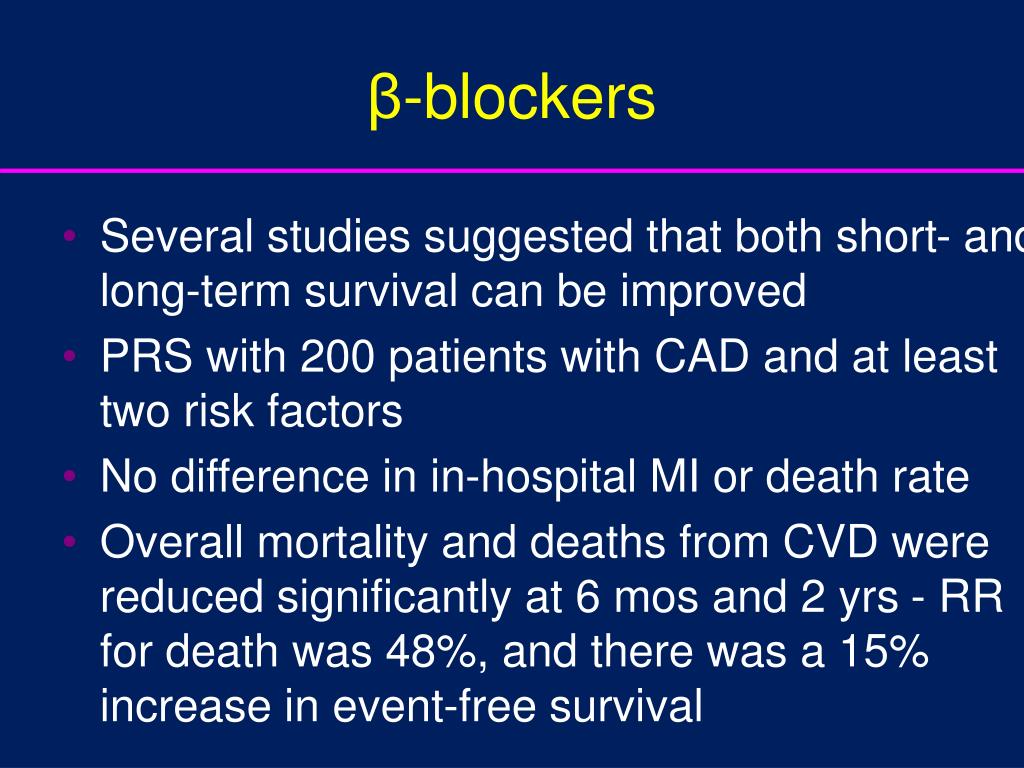

Prednisone is used to decrease inflammation in a wide variety of conditions, such as asthma, severe allergies, skin problems, rheumatoid arthritis, and other autoimmune disorders. The drug prednisone is probably the best-known corticosteroid. When the dose of baclofen is gradually reduced before the person stops taking it completely, these symptoms either do not occur or are not as severe.Ĭorticosteroids. When a patient abruptly stops taking baclofen, he or she may have auditory (hearing) and visual hallucinations, severe anxiety, increased heart rate and blood pressure, and seizures. As a muscle relaxant, this drug is used to treat muscle spasms that occur when people suffer from some form of paralysis. Abruptly stopping this class of drugs results in nausea, vomiting, and headaches.īaclofen. People who suffer from psychotic disorders such as schizophrenia are often prescribed neuroleptic drugs (such as Haldol, Stelazine, Resperidone, Olanzapine, and clozapine). Withdrawal symptoms usually disappear a few days after the person stops taking the drug. Milder symptoms can include anxiety, vivid dreaming, or nightmares. These include psychosis and delirium, with visual hallucinations as well as mental confusion. A person who has taken high doses of these drugs for long periods, and who then suddenly stops taking them, can suffer severe symptoms. To reduce the risk of withdrawal symptoms, some doctors recommend that anti- depressants be gradually reduced over a four-week period rather than abruptly discontinued.Īnother class of antidepressants is the monoamine oxidase inhibitor (MAOI) drugs, such as Nardil, Parnate, and Marplan. The distinct, recognizable withdrawal symptoms that SSRIs can produce include dizziness, sensations that resemble electric shocks, numbness, and tingling skin. This cycle of drug treatment is a significant problem, especially since the treatment of depression with medications has increased.

Doctors may mistakenly prescribe more antidepressants to individuals who have these symptoms. One class of antidepressants, selective serotonin reuptake inhibitors (SSRIs), can produce withdrawal symptoms that are easily confused with the depression for which the drugs are prescribed. Symptoms usually start a few days after a person stops taking the antidepressant and continue for one day to three weeks. They may becomeĪnxious, jittery, and irritable. Patients may have difficulty falling asleep and vivid dreams or nightmares. In addition, some patients complain of a flulike illness, with weakness, chills, fatigue, headaches, and muscle aches. A person who abruptly stops taking any of the major classes of antidepressants (such as tricyclic antidepressants, monoamine oxidase inhibitors, or selective serotonin reuptake inhibitors) may experience symptoms such as nausea, abdominal pain, and diarrhea. They are frequently taken daily for periods of weeks or months.

AntidepressantsĪntidepressant drugs are used to treat major depression and related illnesses. This occurs within one to two days after stopping the drug and is prevented by slowly (over several days) decreasing the drug dose before stopping it completely. When a person abruptly stops taking clonidine, blood pressure may become dangerously high. This drug is used for hypertension and to treat withdrawal from opiate drugs (such as heroin). (Similar withdrawal symptoms can occur when angina pectoris patients stop taking other cardiovascular drugs, such as nitroglycerin.) Withdrawal symptoms can be prevented by slowly decreasing the drug dose over several days before completely stopping the drug.Ĭlonidine. This occurs within the first few days of discontinuing the beta blocker. When a patient abruptly stops taking a beta blocker, particularly when angina pectoris is the symptom being treated, the frequency and/or severity of angina pectoris may increase. Many patients receive prescriptions for beta blockers (such as atenolol, labetalol, and propranolol) to treat hypertension (high blood pressure), angina pectoris (chest pain from heart muscle deprived of oxygen), heart arrhythmias (irregular heartbeat) following heart attack, and migraine headache. Nonabused drugs that can produce a withdrawal syndrome include medications prescribed for cardiovascular problems, mood, and personality disorders. These symptoms do not necessarily mean that the person was dependent on the drug. However, a number of drugs that have no abuse potential and are prescribed for medical illness can lead to symptoms of withdrawal when a person suddenly stops taking them. The term "drug withdrawal" makes many people think of issues related to drug abuse.


 0 kommentar(er)
0 kommentar(er)
